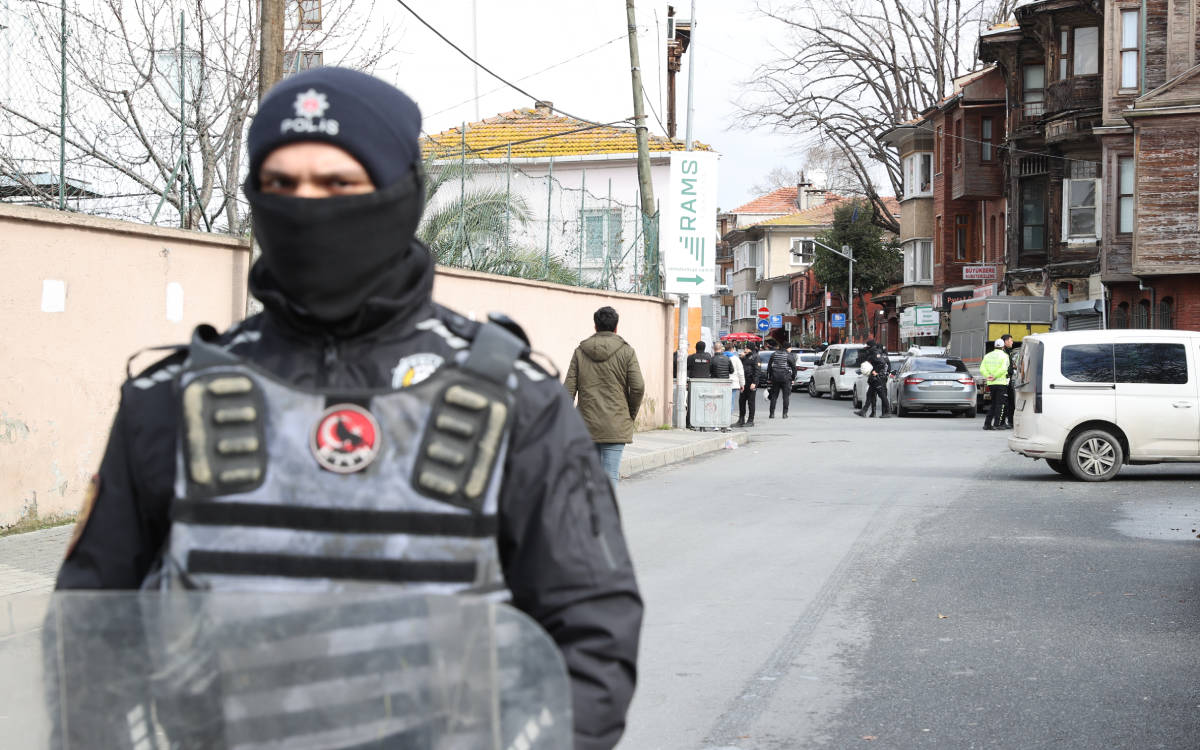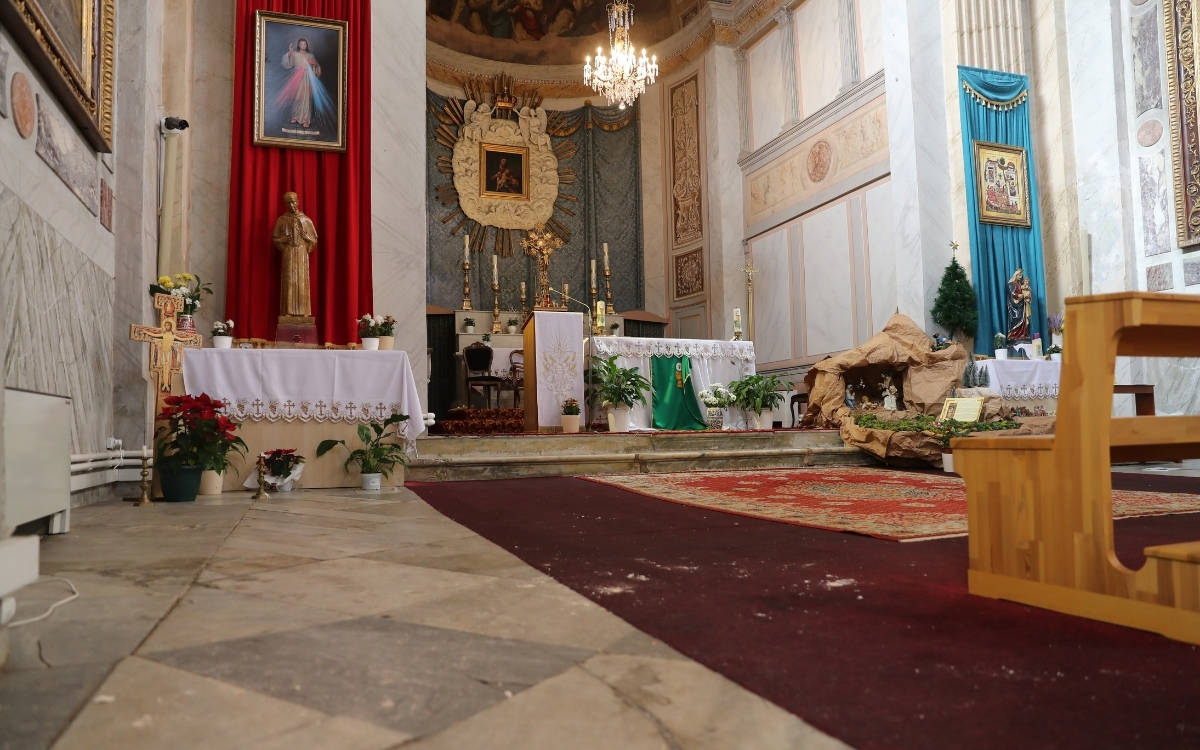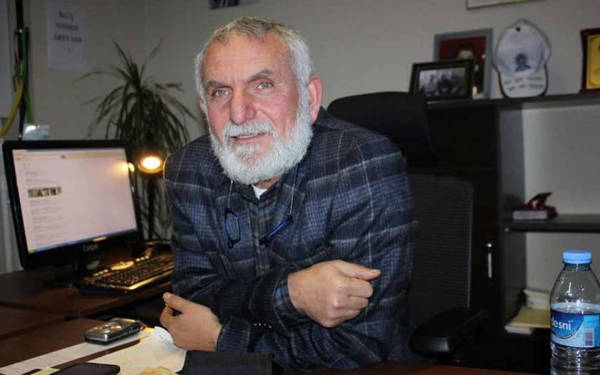The İstanbul 5th Criminal Peace Judgeship imposed a publication ban yesterday (January 28) regarding the armed attack at Saint Mary Church in Sarıyer, where one person lost his life.
The decision was made upon the request of the prosecutor's office. The court decreed a publication ban on all visual, auditory, and social media platforms related to the incident.
Publication bans are not a new occurrence for Turkey. In 2023, courts and judges issued 114 publication ban decisions for incidents taking place at different places from Ankara to Balıkesir, İstanbul to Gaziantep, Ağrı to Bursa, Malatya to Karaman. Just in this month, 9 different courts imposed publication bans on 10 incidents.
The history of publication bans extends back to December 2010, as documented on the Radio and Television Supreme Council's (RTÜK) website. It's possible to access court decisions on publication bans covering 31 pages and 909 incidents.
First the AYM then the ECtHR rules for violation
However, there is a noteworthy point here. The Constitutional Court (AYM) ruled in September 2019 that publication bans constitute a 'violation of rights.'
AYM determined that imposing a publication ban on news related to the Parliamentary Inquiry Commission established for former ministers Mehmet Zafer Çağlayan, Muammer Güler, Egemen Bağış, and Erdoğan Bayraktar, who were included in the December 17-25 corruption and bribery investigations, amounted to a "violation of freedom of expression and the press."
"Legality criteria not met"
Furthermore, the AYM stated that the decision for a publication ban and the related law did not meet the legality criteria:
"It cannot be said that the law is worded so as to provide a specific and precise measure regarding which behaviors or facts and what legal consequences will be attached when a publication ban is applied within the scope of a criminal investigation, and how it will authorize intervention for public authorities.
Regarding the application of a publication ban as a preventive measure in an ongoing criminal investigation, it has been concluded that the law, which does not provide 'predictability' and 'certainty,' does not meet the legality requirement.
The Constitutional Court, based on the reasons stated, has ruled that the freedom of expression and press guaranteed by Articles 26 and 28 of the Constitution has been violated."
And approximately one and a half years later, the European Court of Human Rights (ECtHR) issued a 'violation of rights' verdict in the same case. In response to the censorship decision of Ankara 7th Criminal Peace Judgeship, the court ruled that journalist Banu Güven's 'freedom of expression was violated.' Turkey was also sentenced to a fine of 1500 Euros.
Almost all fines imposed on media critical of the government
Despite these two court decisions, Turkish courts continue to issue publication bans, but there is no platform enforcing the ban. The events have news value, and this is where court decisions can become a tool for the government.
The government utilizes various pretexts to suppress independent and critical media. The Radio and Television Supreme Council (RTÜK) can impose fines on television channels for not complying with publication bans. The channels penalized by RTÜK include independent and critical media outlets.
An example from 2023: Out of the 46 fines imposed by RTÜK in the news category, 42 were applied to Halk TV, TELE 1, KRT, Sözcü TV, and Flash Haber. The remaining 4 fines were given to Habertürk and TGRT Haber.

RTÜK imposes fines and five program suspensions on Halk TV
When an incident occurs, the courts and judges impose a publication ban as their initial action upon request. However, similar to the Can Atalay decision, they do not take into account the Constitutional Court's ruling.
Publication bans not only pose an obstacle to the media but also amount to censorship on the public's right to information. It goes beyond hindering press freedom and becomes a restriction on the public's access to knowledge.
İlkiz: "It is forbidden to impose a publication ban"
Lawyer Fikret İlkiz had, in an article, criticized the publication ban imposed after the collapse of the Yeşilyurt Apartment in Kartal, İstanbul where 21 people lost their lives in February 2019.
In this article,referring to Article 28 of the Constitution, which states, "The press is free, and censorship is prohibited. The state shall take the necessary measures to ensure the freedom of the press and news gathering," İlkiz points out, "If the duty of the state is to ensure the freedom of news gathering and take measures to protect the press, then what is forbidden for the state? Imposing a publication ban is forbidden for the state."
İlkiz argues that the publication bans imposed on news act as a form of censorship, preventing accountability for the perpetrators. He writes, "It is time to abandon the habit of imposing publication bans on every incident, to stop using publication ban decisions in every case." (HA/PE)













